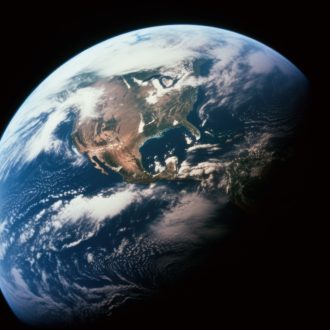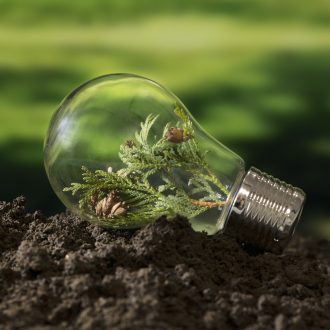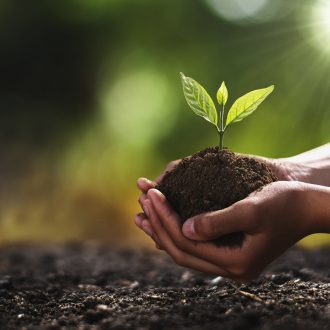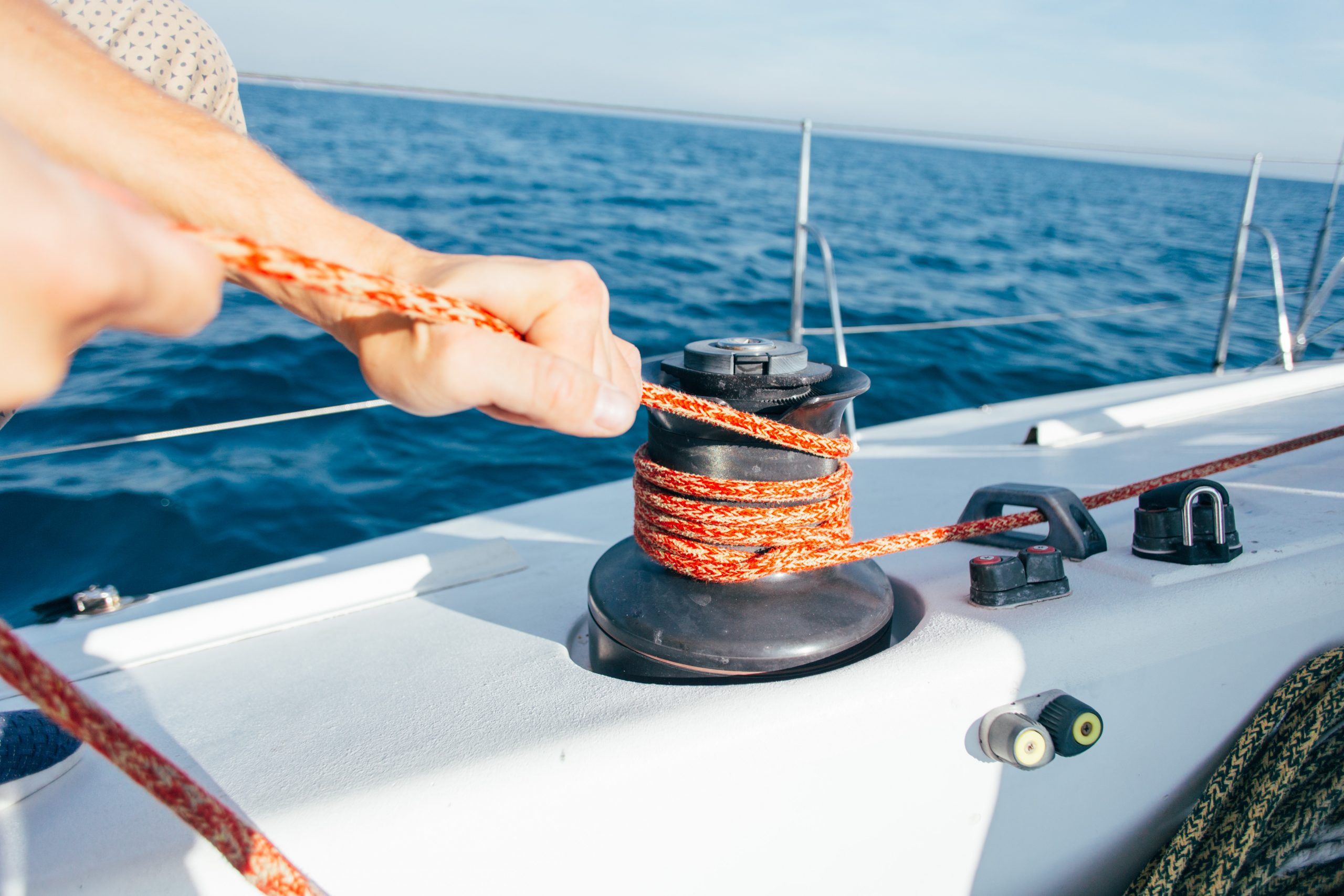
Marinas and shipyards make their home on or adjacent to waterways. Marina operators and their tenants frequently store oil, fuel, and many other hazardous chemicals used to maintain their vessels. These harmful substances can be carried off by stormwater attributing to a negative impact to nearby waterbodies.
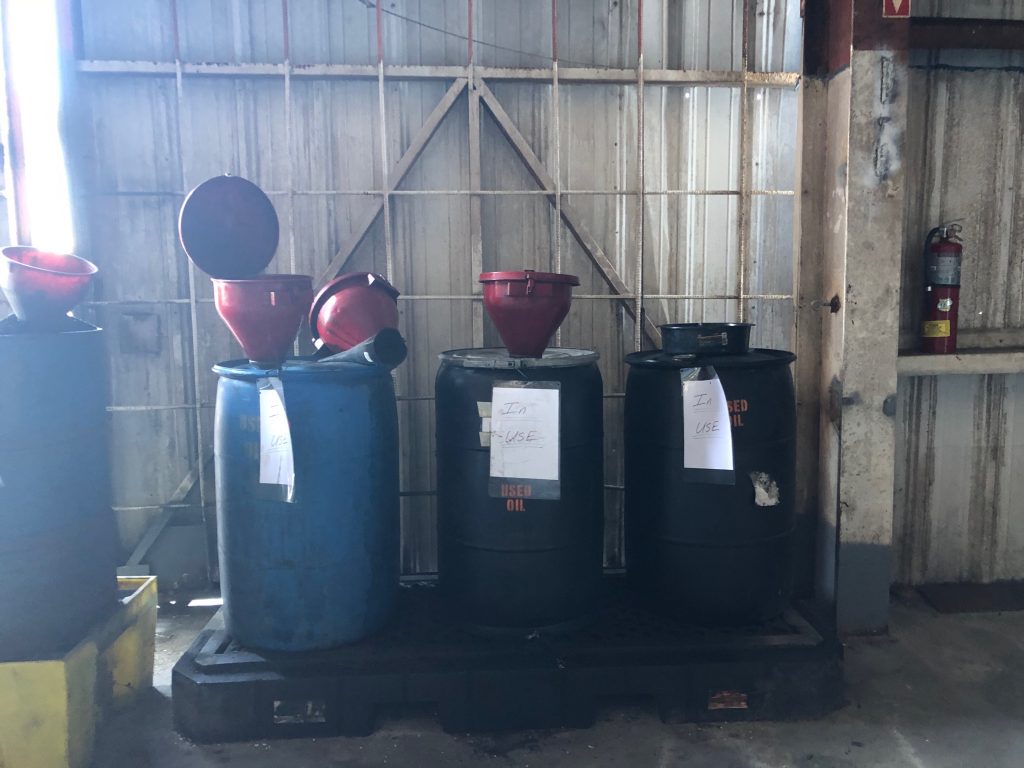
While performing boat maintenance and general repair, stormwater can often pick up contaminants in quantities that could adversely affect the water quality of surrounding tributaries, streams, rivers and eventually the ocean. Many vessel owners are frequently washing, painting, and repairing their boats. Particularly, antifouling paint is used by millions of shipyards and dry docks worldwide. The main function of antifouling paint is to prevent and deter the growth of shellfish under the hull of a vessel. If managed incorrectly, this paint can get into a waterbody especially where tides have a major influence shattering an ecosystem from the bottom of the food chain.
Waste is also a perpetual consequence of vessels under operation daily. Vessels ranging from fishing, sailing, recreational, and commercial all generate waste. Waste can be defined as garbage, sewage, and machinery lubricant that can potentially become exposed to the vessels primary deck and then exposed to stormwater. Crews aboard vessels underway or even in the hook (at anchor) always have a necessity to get some maintenance performed like sanding, varnishing, painting, plumbing or even mechanical. These activities generate waste and can be exposed to stormwater.
Beyond these more traditional waste byproducts, there is the major concern associated to biological waste. Commercial fishing vessels tend to return form their harvest with an abundance of fish waste. What is the practical solution? Throw it back into the water. The uneaten fish waste can cause an adverse effect on the oxygen content in the water due to decomposition. Regulations derived from governmental agencies such as the EPA Protecting Our Oceans help monitor and prevent these issues at sea. Oceanic pollution from vessels have become such a great ordeal, the International Marine Organization adopted and ratified the MARPOL Convention for the prevention of pollution from Ships in 1973. This regulates waste and discharges derived from operating vessels.
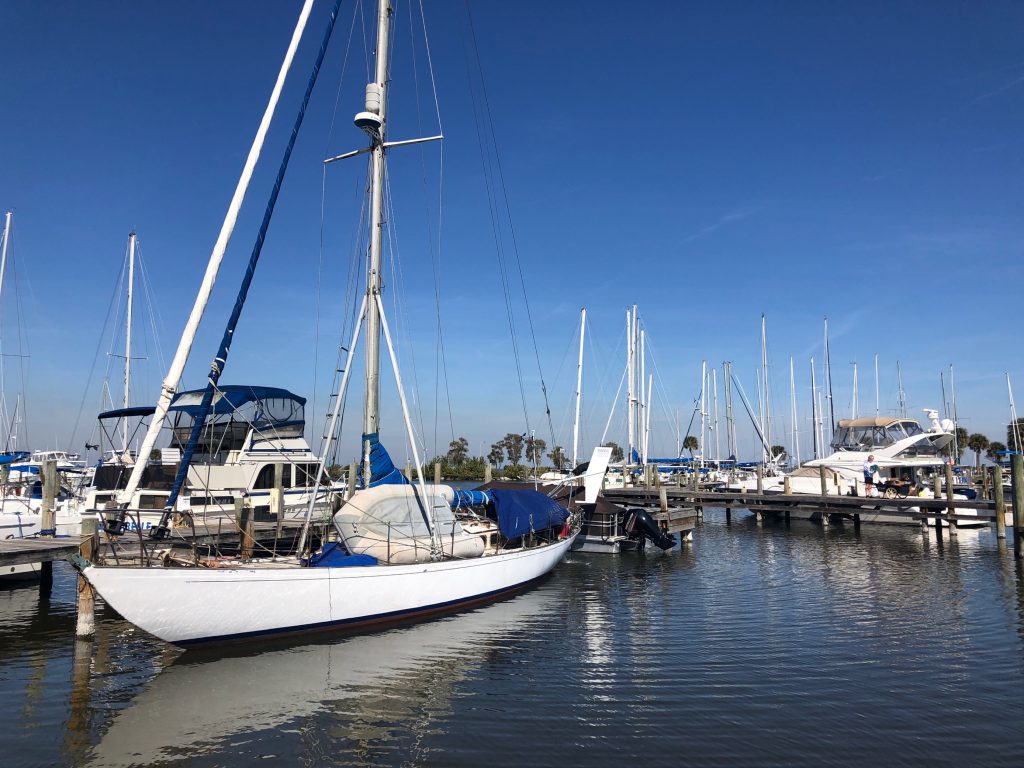
With thousands of marinas across the state of Florida, and potentially over a million vessels being stored, washed, and repaired daily can drive the butterfly effect that small activities by many can create a much bigger impact.
Most stormwater discharges are considered point sources and require coverage by a National Pollutant Discharge Elimination System (NPDES) permit. For more information on how KCI can help your marina, shipyard or dry dock we are just one click away. Call us today at (888)-346-7779.

